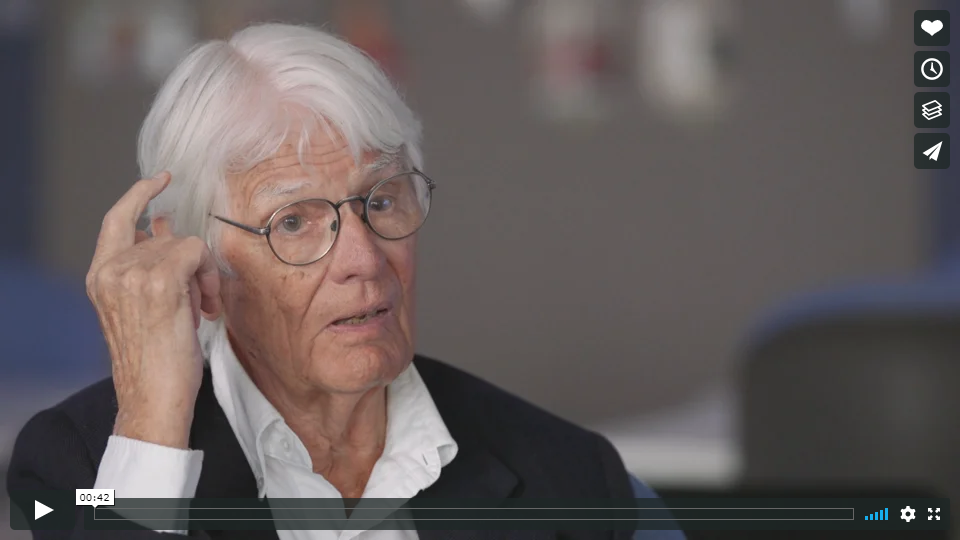Why are humans like
guinea pigs and not dogs?
Humans and guinea pigs are both unable to create our own vitamin C due to a genetic mutation that happened eons ago. All other animals make vitamin C. Your dog makes 5,000 milligrams (mg) daily, and if infected or injured, your dog increases its production of vitamin C to 100,000 mg.
What is Vitamin C?
Vitamin C is ascorbic acid, a vitamin your body needs daily to nurture muscles, blood vessels, cartilage, and collagen in your bones. It is an essential tool in your body’s arsenal for fighting infection.
An antioxidant, vitamin C helps fight free radicals. The creation of these unstable molecules is a normal part of the metabolic process, produced when your body breaks down food or is exposed to tobacco smoke and radiation. But these free radicals can be harmful, and they may a critical part in heart disease, cancer and other diseases. Vitamin C in combination with lysine, which is an amino acid and another essential nutrient, strengthens cell walls and makes each cell robust in its defenses against potential trouble.
Vitamin C also helps your body absorb and store iron, required for healthy hemoglobin, the substance in red blood cells that carries oxygen from your lungs to transport it throughout your body.
Vitamin C — a natural defence force
But we need to rebuild it everyday — through diet or supplements.
Linus Pauling’s Groundbreaking Research
Vitamin C in High Doses
Linus Pauling won two (unshared) Nobel Prizes, one for chemistry (1954) and one for peace (1962). Pauling argued that a chronic lack of vitamin C has a disastrous effect on the tissues of the human body, in particular, those found in blood-vessel walls. He remained an adamant proponent of Vitamin C throughout his life.
Pauling conducted research on guinea pigs that showed high doses of vitamin C resulted in lower levels of cholesterol in the arteries of animals fed a high-fat diet. Researchers have continued to study the effects of vitamin C on oxidation, and there is a growing body of evidence detailing a wide range of health benefits.
Look in your eyes
to learn about your heart
The arrangement of blood vessels at the back of the eye,
which can been seen through a retinal picture,
is closely connected to the health of your heart.
Dr. Sydney Bush’s Evidence
Retinal Pictures
Dr. Sydney Bush, an English researcher, has shown through his research that vitamin C can reverse atherosclerosis, a disease in which plaque builds up inside your arteries. Bush took retinal photographs, then started his patients on high doses of vitamin C and lysine. One year later, additional pictures showed atherosclerosis had regressed in retinal arteries. This also occurs in coronary and other arteries.
Before and After
High Doses of Vitamin C
The scan on the left shows an arrow pointing to a thin flow of blood being restricted through an artery passage narrowed by atherosclerosis.
The scan on the right shows an arrow pointing to the same artery nine years later after daily high doses of vitamin C. The obstruction is mostly gone.
Related Articles
Alternate Treatments, Cancer, Diabetes, Lifestyle, Nutrition, Obesity, Vitamins
A Windfall of Science on Apples
September 10, 2022
We write about natural remedies we believe are good for human health. Why this focus? It’s not to encourage avoidance...
Read Article →Vitamins
How To Decrease the Risk of an Aortic Aneurysm
December 1, 2018
Ask anyone about AAA and they will immediately think of the American Automobile Association. But in this case it stands...
Read Article →Alternate Treatments, Vitamins
Gifford-Jones, “I wish Dr. Saul had taught me at the Harvard Medical School”
September 30, 2017
This week I interviewed Dr. Andrew Saul, an international authority on nutrition and vitamin therapy, and Editor of The Orthomolecular...
Read Article →


